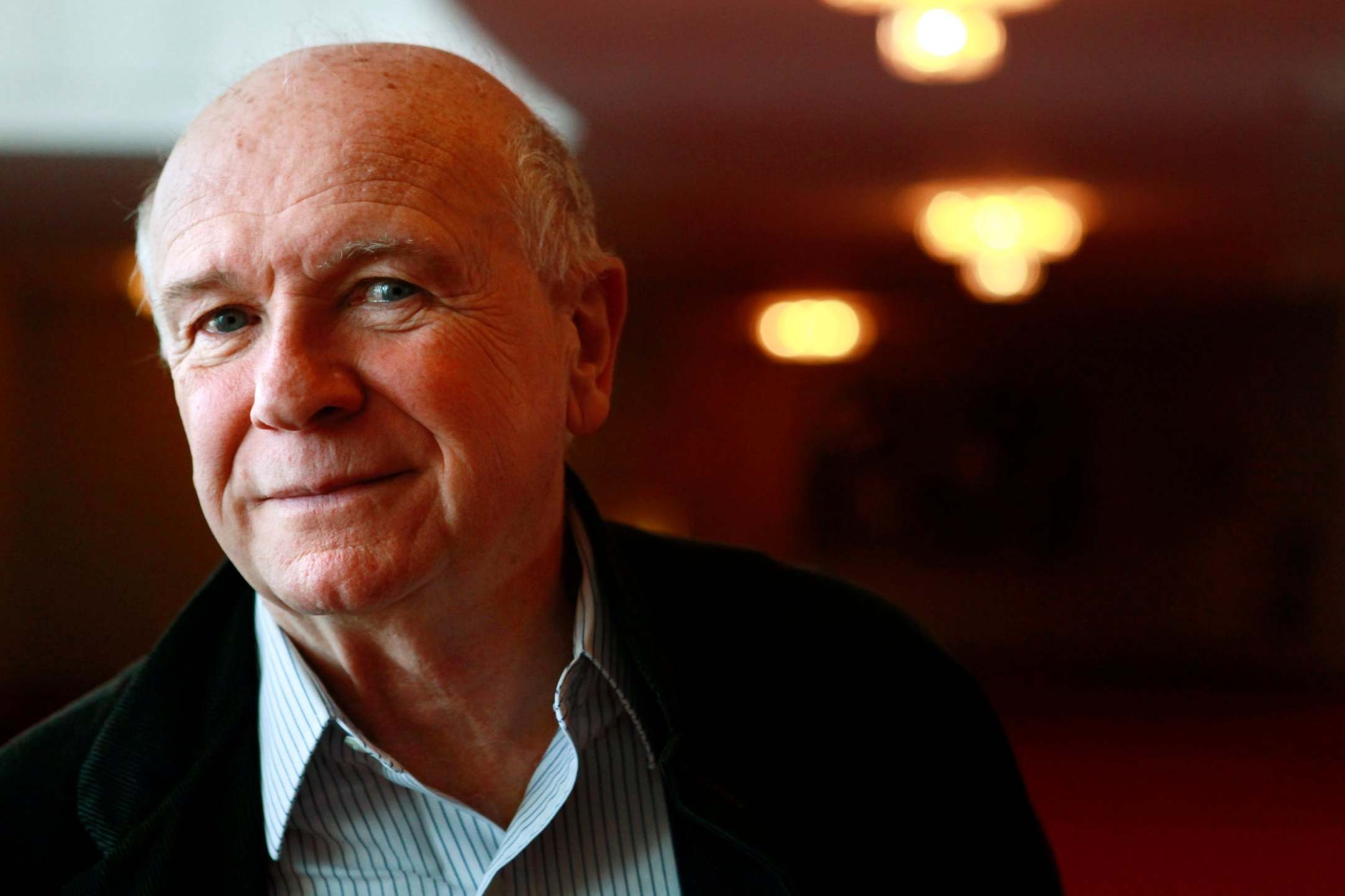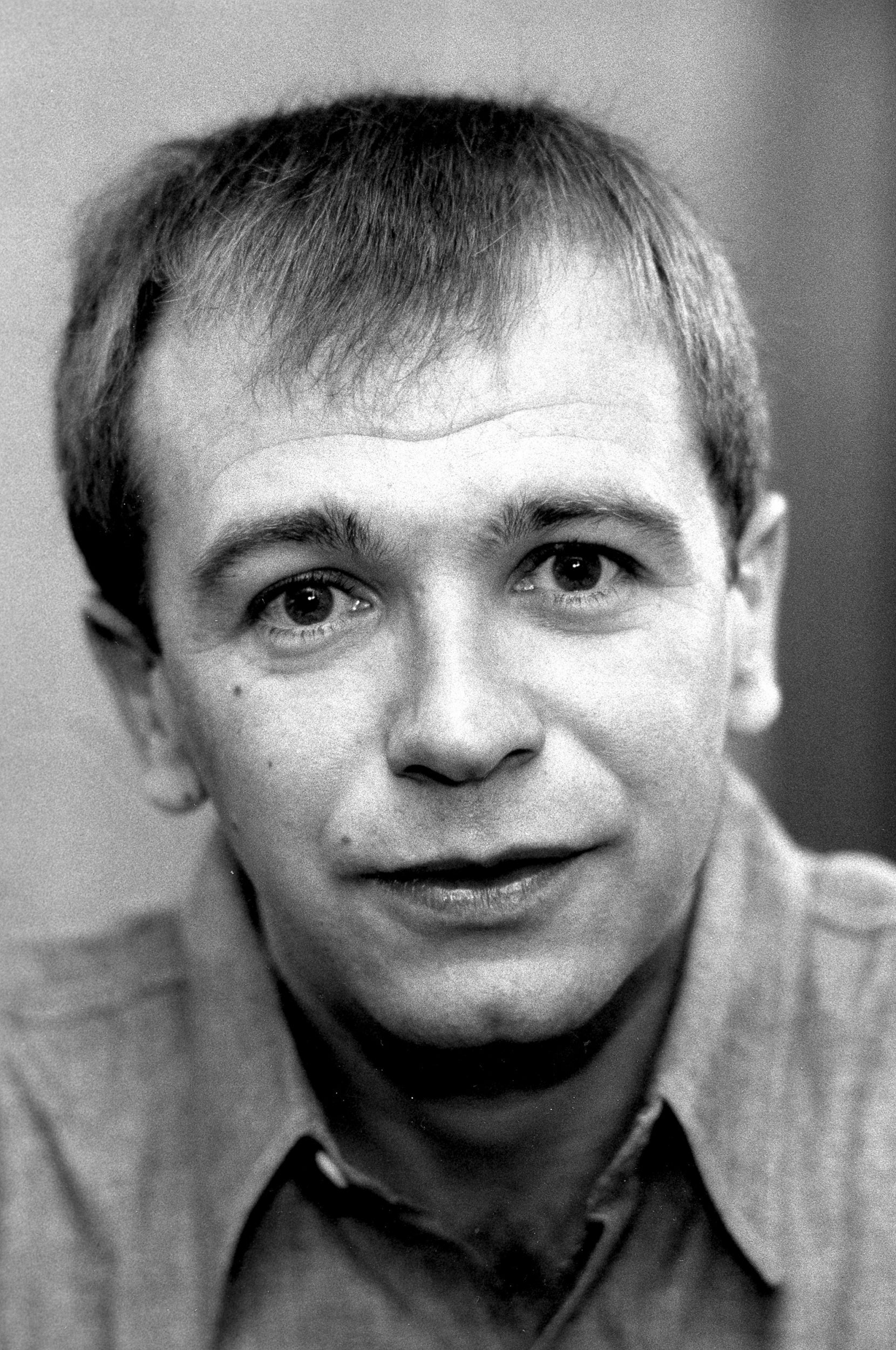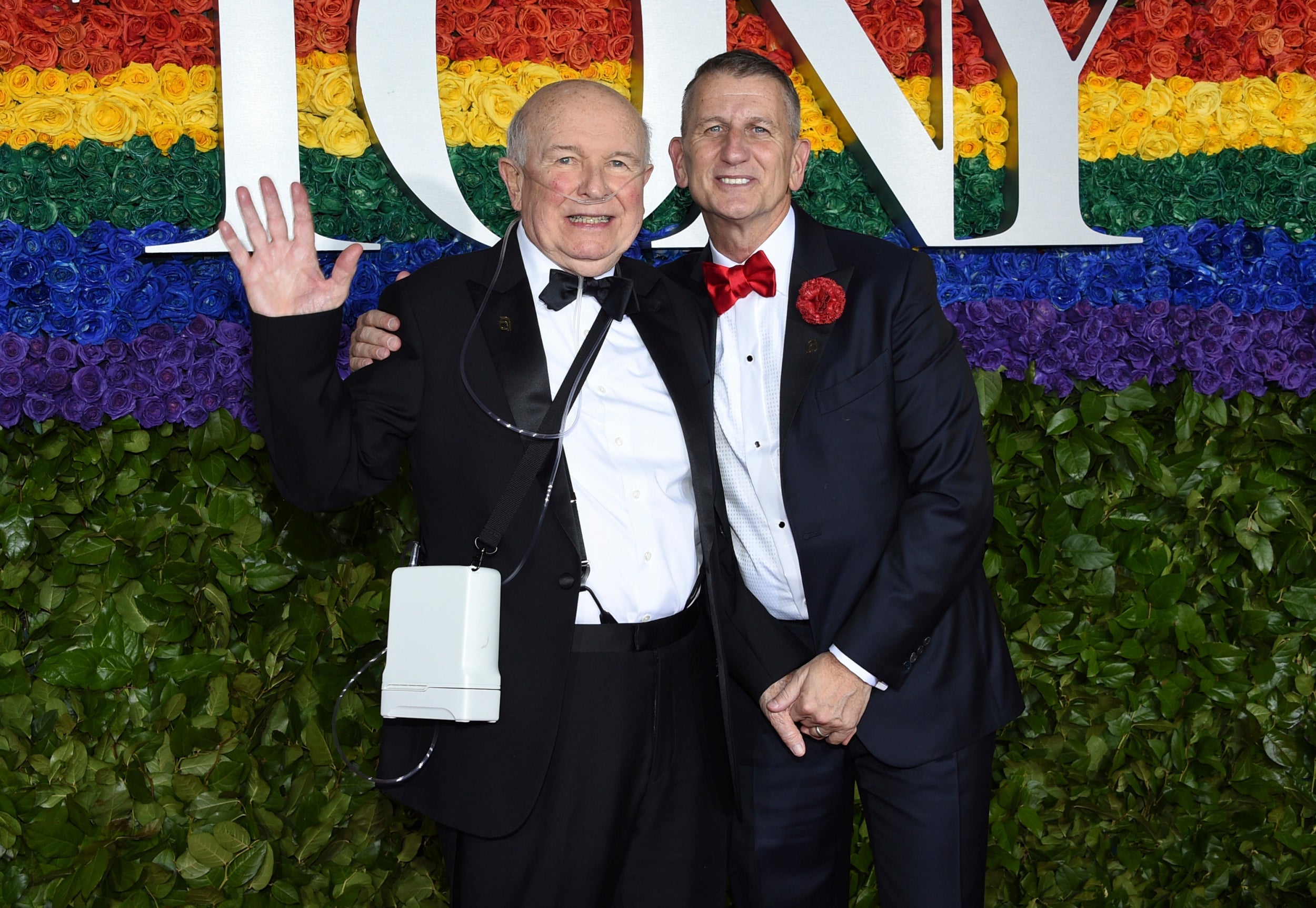Terrence McNally: Playwright who chronicled gay lives with humanity and lyricism
He was a pivotal figure in American theatre with a run of Tony triumphs

Your support helps us to tell the story
From reproductive rights to climate change to Big Tech, The Independent is on the ground when the story is developing. Whether it's investigating the financials of Elon Musk's pro-Trump PAC or producing our latest documentary, 'The A Word', which shines a light on the American women fighting for reproductive rights, we know how important it is to parse out the facts from the messaging.
At such a critical moment in US history, we need reporters on the ground. Your donation allows us to keep sending journalists to speak to both sides of the story.
The Independent is trusted by Americans across the entire political spectrum. And unlike many other quality news outlets, we choose not to lock Americans out of our reporting and analysis with paywalls. We believe quality journalism should be available to everyone, paid for by those who can afford it.
Your support makes all the difference.Terrence McNally was a prolific, much-honoured playwright who rose to the forefront of American theatre with a humane and lyrical style in works such as Love! Valour! Compassion! and Master Class.
With his supple, approachable plays, McNally, who has died aged 81 from complications from coronavirus, emerged as a pivotal American dramatist, particularly as art and politics collided during the Aids crisis in the 1980s and 1990s.
His body of work comprised dozens of plays, nearly a dozen musicals and several operas. His modes ranged from anxious farces and social critiques in the 1960s and 1970s, when the gay-bathhouse romp The Ritz (1975) was his biggest hit, to the warmhearted Love! Valour! Compassion! (1994), which illustrated the lives of eight gay men vacationing at a lake house.
After decades of qualified successes and setbacks, McNally had a run of Tony triumphs in the 1990s that made him a commercial force. He won the award for best book of a musical with Kiss of the Spider Woman (1993) and Ragtime (1998), adapted respectively from novels by Manuel Puig and EL Doctorow. He won the Tony prize for best play with Love! Valour! Compassion! and Master Class (1995), a comic drama about the imperious opera star Maria Callas giving lessons on art and life.
McNally, who had surgeries for lung cancer, also received a lifetime achievement Tony in 2019, accepting the honour with breathing tubes strikingly visible over his tuxedo. “Not a moment too soon,” he joked.
In a career spanning six decades, McNally became known for writing bespoke, bravura roles for big stage personalities. “I’ll write you a play,” he often promised scene-stealing actors he admired, among them Nathan Lane, Chita Rivera, Christine Baranski and James Coco.
His sweeping output included the working-class romance Frankie and Johnny in the Clair de Lune (1987) and The Full Monty (2000), a crowd-pleasing musical (the score was by David Yazbek) based on the hit film. McNally’s serio-comedy A Perfect Ganesh (1993), about two Connecticut matriarchs who travel to India to seek emotional and spiritual renewal, was a Pulitzer prize finalist.

McNally, who spent the first half of his life struggling with alcohol, found a durable voice mid-career with a string of widely produced comic dramas. Most prominent among them was Frankie and Johnny in the Claire de Lune – “the first play I wrote after I got sober,” he said. The two-character study was staged on Broadway in 2002 with Edie Falco and Stanley Tucci and was revived in 2019 with Audra McDonald and Michael Shannon.
McNally’s subject matter darkened as the Aids crisis intensified. Watching closeted friends die alone in the early years of the epidemic, he once said, “made me more militant than ever about being out”.
His mournful, accusatory drama Andre’s Mother (1988), about a woman who refuses to accept her dead son’s homosexuality, grew from its eight-minute original form to an hour-long 1990 American Playhouse film starring Richard Thomas.
As his work increasingly became a cornerstone of New York theatre and the nation’s regional circuit, McNally reach extended further with his books for high-profile projects in the era of megamusicals.
His first major musical credit came with the 1984 John Kander-Fred Ebb show The Rink, starring Rivera and Liza Minnelli as a battling mother and daughter. He was reunited with Kander, Ebb and Rivera for the dusky, glamorous epic Kiss of the Spider Woman, which opened on Broadway in 1993 and told the story of two Latin American political prisoners, one gay, one straight.
Moving into the operatic scale, McNally adapted Ragtime with lyricist Lynn Ahrens and composer Stephen Flaherty. Brian Stokes Mitchell co-starred with a young McDonald in a tale of archetypal American culture clashes.
A lifelong opera fan, McNally wrote the libretto for Dead Man Walking, composer Jake Heggie’s opera about capital punishment that premiered in 2000, based on a book by the Catholic nun Helen Prejean.
Love of grand performance drove much of McNally’s work, including the farces It’s Only a Play, about a dreadful opening night, and The Lisbon Traviata, about Callas buffs. Both shows enjoyed successful off-Broadway runs, in 1986 and 1989, respectfully. Master Class showcased Zoe Caldwell as Callas recalling personal sacrifices and artistic triumphs, and cowing the audience with bromides.

McNally’s hard-won momentum came to a halt at the end of 1998, with a painful fracas over Corpus Christi, titled for his Texas hometown. The Manhattan Theatre Club, which premiered most of his best-known work, cancelled the production after receiving bomb threats but reinstated it under pressure from the artistic community. When it opened, the script was not well-received.
Michael Terrence McNally was born in St Petersburg, Florida, in 1938, and grew up in Corpus Christi, the son of a beer distributor and a homemaker. His parents, both native New Yorkers, took him on trips to see Broadway productions such as Annie Get Your Gun and The King and I.
His upbringing was fraught. McNally said he was harassed and beaten because of his homosexuality and said his parents, while loving and encouraging of his theatrical yearnings, were also alcoholics.
He received a bachelor’s degree in English in 1960 from Columbia University, where he wrote the annual Varsity show, and where he made a beeline for Broadway, lining up at midnight for tickets to the hit musical My Fair Lady.
McNally endured lacerating reviews for his first original Broadway play, And Things That Go Bump in the Night (1965), a satire of family dysfunction. Politics and sexuality marked McNally’s subsequent works from the 1960s, including the revolution-themed ¡Cuba Si! and the swingers’ comedy Noon.
In 2000 McNally’s longtime partner, playwright and Aids research activist Gary Bonasorte, died of Aids-related lymphoma at 45. In 2010 McNally married lawyer and producer Tom Kirdahy, who survives him.
Terrence McNally, playwright, born 3 November 1938, died 24 March 2020
© Washington Post
Join our commenting forum
Join thought-provoking conversations, follow other Independent readers and see their replies
Comments